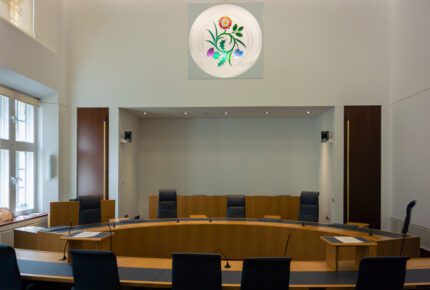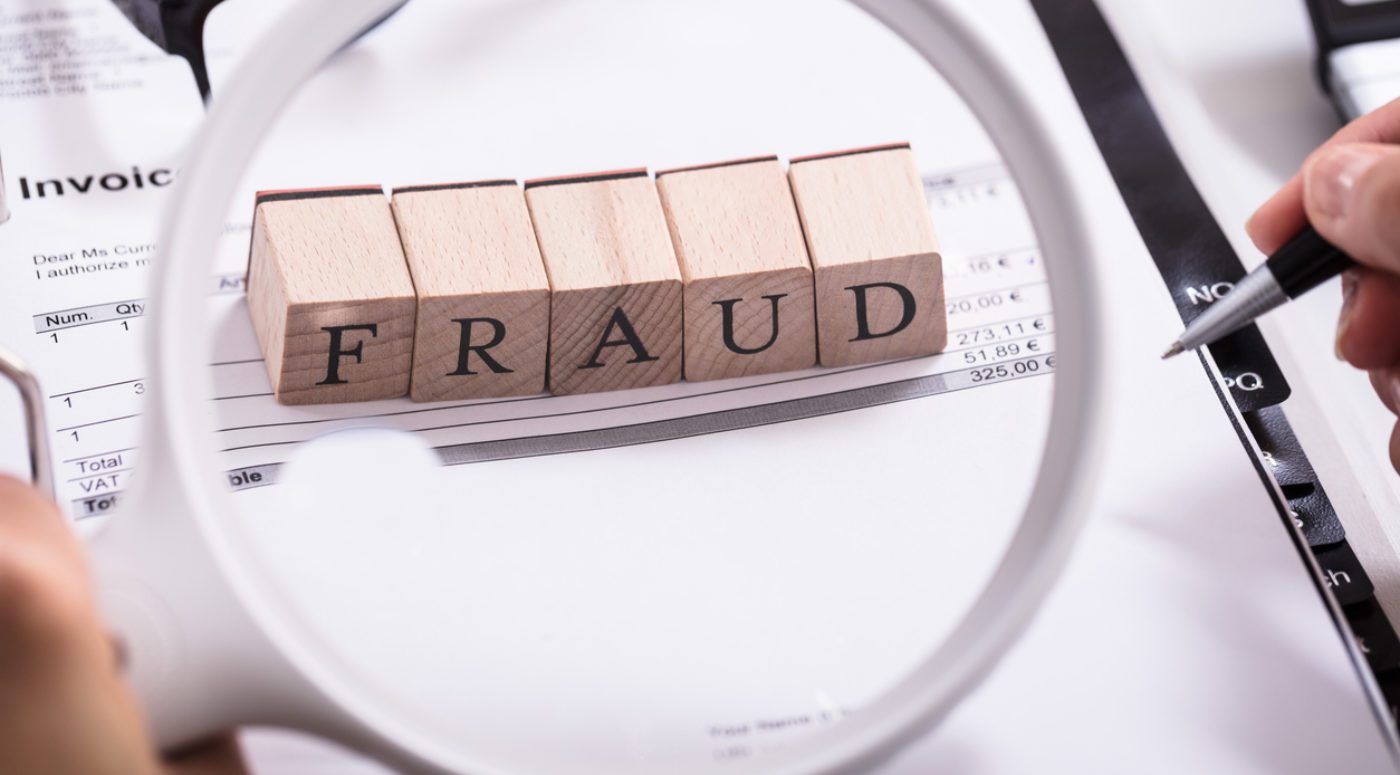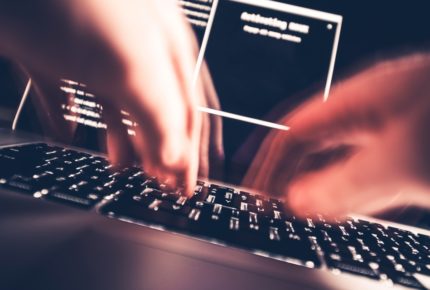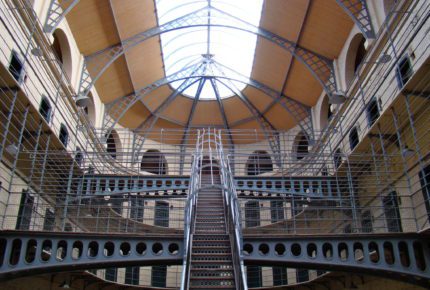

If you have been accused of a counterfeiting offence, you would be forgiven for finding the legal landscape confusing. Counterfeiting offences are prohibited under a patchwork of different laws and it is not always easy to understand the language used in the statutes. From fake passports, to imitation designer clothes, to false bank notes, counterfeits can arise in many different shapes and sizes. This article explains some of the common criminal offences that relate to fakes and forgeries. If you have been charged with a counterfeiting fraud offence, check your charge sheet to see exactly which law you are being prosecuted under and then seek legal advice.
What is counterfeit fraud?
Counterfeit fraud covers a wide variety of activities. It usually involves producing or selling fake or forgeries of items or documents. It can also involve using a false document produced by someone else. Whether or not falsifying a document is a crime depends on which document was falsified and the purpose for which it was used. Say, for example, a false document was produced to be used as a theatre prop. This would be unlikely to be a criminal offence, as it was not intended to prejudice anyone by claiming it was genuine. However, if you falsify an official document that you or someone else rely upon, or intend to rely upon, there is a good chance that you are committing a criminal offence.
Some of the offences concerning counterfeit fraud are set out in the Forgery and Counterfeiting Act 1981. These are as follows:
Forgery
Forgery is making a ‘false instrument’ with the intention that the forger or someone else ‘shall use it to induce someone to accept that it is genuine’, and ‘and by reason of so accepting it to do or not to do some act to his own or any other person’s prejudice.’ Prejudice is defined as ‘something which results in temporary or permanent loss of property, deprives another of the opportunity to obtain remuneration or greater remuneration or financial advantage or the opportunity to perform any duty.’ Therefore, showing the false document to a government official would count as prejudice because it would prevent them from being able to carry out their duties.
A ‘false instrument’ can include a wide range of documents, such as:
- Money orders
- Postal orders
- Stamps
- Cheques
- Credit or credit cards
- Certified copies of birth, adoption, or marriage certificates
An offence will only be committed where the defendant intended for the false instrument to be accepted by someone else as genuine.
The Act defines ‘false’ as an item that purports to have been made:
- in the form in which it is made by a person who did not in fact make it in that form
- in the form in which it is made on the authority of a person who did not in fact authorise its making in that form
- in the terms in which it is made by a person who did not in fact make it in those terms, or
- in the terms in which it is made on the authority of a person who did not in fact authorise its making in those terms
An item can also be false if it purports to have been altered:
- in any respect by a person who did not in fact alter it in that respect
- in any respect on the authority of a person who did not in fact authorise the alteration in that respect
- or made on a date on which, or at a place at which, or otherwise in circumstances in which, it was not in fact made or altered
- or made by an existing person but he did not in fact exist.
Copying, using, or possessing a false instrument
It is also a criminal offence to copy, use, or possess any of the aforementioned false instruments knowing that the instrument is false and intending to use that false document to persuade someone else that it is genuine, and thereby having that person use it to their prejudice or someone else’s.
Possessing the equipment needed to make a false instrument
Finally, it is an offence to have in your possession or under your control a machine or other material to make false instruments, or a machine that has been adapted to make false instruments. The prosecution must be able to show that you intended to use the implements to make a false instrument, which another person would be induced to rely upon as genuine, to their prejudice.
Production, possession, and use of counterfeit currency
Sections 14 to Section 21 of the Forgery and Counterfeiting Act 1981 address the production, possession and use of counterfeit currency including coins and notes. It is an offence to possess machinery used to make counterfeit British currency. It is also an offence to reproduce counterfeit British currency. Making, selling, importing and exporting counterfeit British currency is also prohibited.
There are two levels of offences under these sections, which attract different maximum sentences. Simply making counterfeit currency is unlawful and can result in a custodial sentence of up to 2 years. Making counterfeit currency, ‘intending that he or another shall pass or tender it as genuine’ is a more serious offence that can result in a jail sentence of up to 10 years. In the same way, possessing a machine that can be used to make counterfeit currency is unlawful, but would attract a greater sentence where it can be shown that the perpetrator intended to make currency with the intention that it would be passed or tendered as genuine.
False passports
Section 36 of the Criminal Justice Act 1925 creates the offence of passport forgery, and providing false information to obtain a passport. The maximum sentence for these offences is 2 years’ imprisonment. There can be a defence to having a false passport where the person possessing it has crossed the border with the intention of seeking asylum.
False court documents
It is an offence to falsify court documents under Sections 133 and 135 County Courts Act 1984. This includes court orders, and court summons. The maximum sentence, if the case is heard in the Crown Court, is a 2 year prison sentence.
Supplying equipment to forge currency
The Specialist Printing Equipment and Materials (Offences) Act 2015 makes it a criminal offence to supply specialist printing equipment, knowing that it will be used for criminal purposes.
False documents concerning the Mental Health Act 1983
Section 126 of the Mental Health Act 1983 makes it a criminal offence to falsify any document under that Act. This includes an application under the MHA, or a document or report filed within court proceedings under the MHA. The maximum custodial sentence you could face if you are convicted is 6 months’ imprisonment.
False driving documents
Section 173 Road Traffic Act 1973 makes it a criminal offence to use a false driving licence or a false driving test pass certificate. Similarly, Section 44 of the Vehicle Excise and Registration Act 1994 makes it a criminal offence to falsify a vehicle licence or number plate.
Is it illegal to sell replicas?
It is illegal to sell a ‘fake’ copy of an item produced by a well-known brand while pretending that it is the authentic item. The City of London police have an intellectual property unit, established in 2013 in response to high numbers of counterfeit goods circulating in the UK, that focuses on tackling counterfeit items. In addition, Action Fraud is a national reporting centre that gathers intelligence on fraudulent activities across the country. It is run by the City of London police in conjunction with the National Fraud Intelligence Bureau.
The Trade Marks Act 1994 sets out various offences concerning the unauthorised use of trademarks. For example, it is a criminal offence to use a sign linked to a trademark, or something similar or identical to a sign linked to a trademark without authorisation. This includes labels on goods, advertising for goods, or the paper used to wrap goods in. It is also an offence to possess a machine or other equipment used to commit these offences. This is an either way offence. Where it is tried in the Crown Court, the maximum sentence for this offence is 10 years’ imprisonment.
Where to get further help?
If you have been accused of involvement with counterfeit goods or documents, make sure you obtain high quality legal advice today. The right criminal defence solicitor will help assess the strength of the CPS’ evidence against you, in order to construct a strategic defence on your behalf. At Stuart Miller Solicitors, our experienced solicitors are ready to help. Contact us for a free, no-obligation consultation today.

